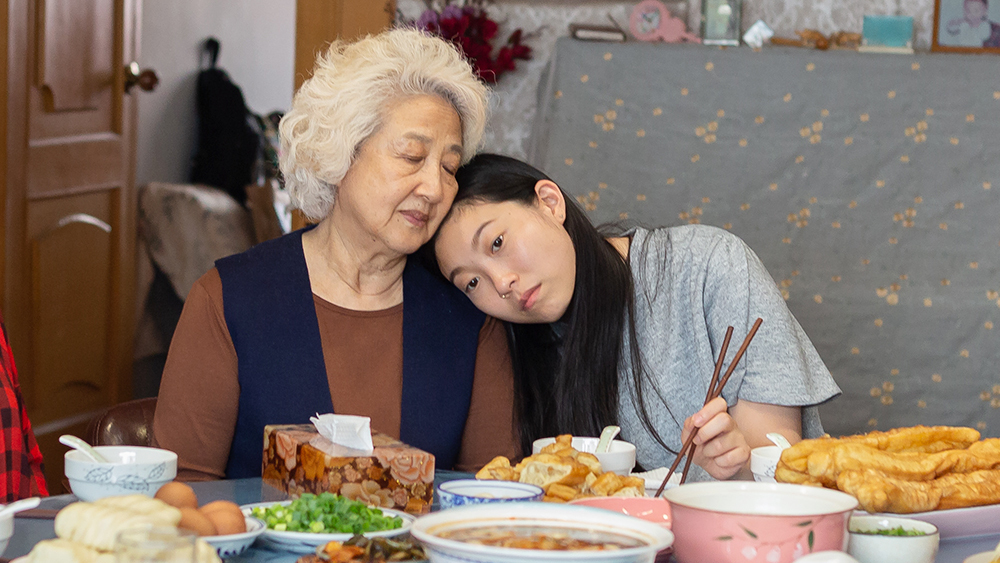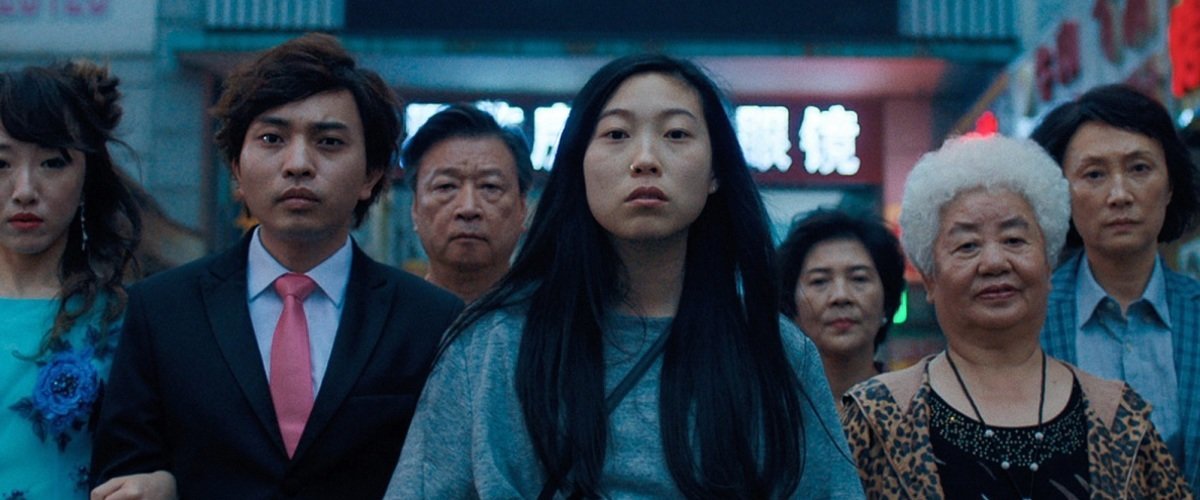When it comes to the older people in our families, we always wish for them to live a life free from worries or physical ailments and then quietly pass away when the time is right. However, thoughts, as good as they might be, don’t always materialize into reality. Most often, as we grow old, our bodies start festering all kinds of ailments and diseases.
‘The Farewell‘ asks a rather important question regarding the issue of sickness in old age. What should you do when you come to know that someone old in your family has been diagnosed with cancer and has only a few days to live? Is it right to keep the information hidden away from him or her, or is it more important to be honest with them?
Several films have dealt with moral or ethical dilemmas in the past. With changing times and especially with all the conversations surrounding euthanasia, you can expect more such films to be made. ‘The Farewell’ is not about euthanasia, but it is surely about death—and how we choose to deal with it.
‘The Farewell’ is the second feature film Wang has helmed. Her first project was the American-German co-production ‘Posthumous,’ which is also built on a rather interesting premise. The film chronicles a painter’s problems when he makes a plan to earn money after finding out that his art sells for more if people presume him to be dead.
‘The Farewell,’ on the other hand, is the story of a family and its struggles as its matriarch is slowly dying. The central character of this film is an art student called Billi, who comes to know from her parents that her grandmother is suffering from terminal lung cancer. While the entire family wants to keep this disease a secret from the old woman, Billi is completely against it as she believes that her grandmother deserves some honesty at the last stages of her life. It so happens that the entire family meets in China from all over the world for the marriage of one of Billi’s cousins, and there she finds several opportunities to make her grandmother aware of the truth. But the ethical dilemma of doing the same continues to haunt her.
Rapper Awwkwafina stars in this film as Billi, and does a marvelous job with her character. Even in her personal space, Awkwafina is a fine blend of western values and eastern traditions, and this is exactly reflective of the mental space of her character in the film. The emotions that the film touches through are very real and something almost everyone can go through at some point in time. This begs the question: Is ‘The Farewell’ based on a true story?
Billi’s Struggles Mirror Wang’s Own Experience

Lulu Wang has already impressed us with the two feature films she has made to date. And it might come as a shock to many readers, but ‘The Farewell’ is completely based on a true story which is based on Wang’s life itself. Just as we see Billi suffering because her grandmother is not being told that she has been diagnosed with cancer, Wang was herself in the position a few years back. In an interview with ‘This American Life,’ Wang shared this story for the first time way back in 2016. If you want to listen to the story from the filmmaker herself, you can do so right here.
Those who have seen the film will know this fact already. Wang makes it clear about her inspiration in the post-credits when the film cuts to the real “Nai Nai”, Wang’s grandmother, who is still alive six years after she was diagnosed with cancer. It is never easy for someone to share the most intimate struggles of his or her own family, but depicting everything in a movie is a bold step that definitely deserves applause. Having said that, the film is rich and poignant with the subtlest of emotions because the filmmaker is going through those struggles herself.
Another interesting thing we should note about the film is how it handles the confluence of Eastern and Western cultures. Being an immigrant herself, Wang has gone through many difficult situations and identity crises in her own life, and thus Billa’s problems seem to us as extremely authentic. Regarding this aspect, the filmmaker says, “The main character has to go back to China, and there are all these different layers of China. There’s Chinese and American generational culture, and there are different degrees of American culture. There’s the Chinese grandmother who grew up with the Communist Army and the uncle who moved from China to Japan — so it’s still Asian culture, but with certain differences. I really wanted to explore the nuances of those gaps between these different family members. One thing that unites them is the love of the grandmother.”
Read More: Movies Like The Farewell


You must be logged in to post a comment.